Emboldened by Biden’s faltering agenda, Republicans hope to recover lost ground in 2022
Entering a pivotal election year and emboldened by a string of off-cycle electoral victories, a resurgent Republican Party is strategizing to reclaim one, if not both, chambers of Congress in 2022, as Democrats struggle to deliver on an ambitious domestic agenda in the midst of deep economic malaise.
This time last year, the GOP was having an incredible streak of bad luck, having just lost the presidency and the House of Representatives in a bitter election, and would soon watch with horror as thousands of Donald Trump’s supporters raided the US Capitol in a violent episode that will forever blemish the Republican president’s legacy.
The party is hoping to recover lost ground this year. While victory is far from guaranteed, the GOP’s optimism is fueled by President Joe Biden’s sinking poll numbers, his faltering social and economic agenda, soaring inflation, and record numbers of COVID-19 infections.
But at its most basic level, the Republican Party’s confidence is born of the same political headwinds that the party controlling the White House typically faces in the first election of a new presidency. In line with this historical trend, Democrats have a tremendous disadvantage in the 2022 midterms, exacerbated by an aggressive GOP campaign to make voting more difficult for Democratic constituents.
Republicans also hope to woo Trump’s supporters by installing a slate of election officials allied with the former president, especially in swing states.
“We’re going to have a hell of a year,” Florida Senator Rick Scott told the Associated Press. “Every state that Biden won by less than 10 is now a battleground state.”
This fall, Republicans dominated the off-year elections across Virginia, New Jersey, New York and Pennsylvania, where Democrats were defeated or barely held on in regions that Biden had won by comfortable margins a year earlier.
Perhaps most disturbing for Democrats, suburban voters and independents who distanced themselves away from the Republican Party during the Trump presidency are beginning to shift back, without him on the ballot.
Democratic strategists privately concede that the party will have difficulty maintaining its congressional majority in November, although the House may be in the most immediate danger.
Democrats are doing their utmost to sell their economic achievements—a bipartisan infrastructure law and pandemic relief package that they say will reduce poverty—while depicting the Republicans as a power-hungry party that is driven only by a desire to win seats at all costs.
“We have a plan to give you a better country, and they have a ploy to win back power for themselves,” said New York congressman Sean Patrick Maloney, chair of the Democratic Congressional Campaign Committee. “We are tackling the tough problems of the economy and the pandemic. They seek only to win power and will say or do anything to achieve that.”
While Democrats acknowledge that the American people are not happy with the overall trajectory of the economy, they attribute the pessimism to the lingering effects of the COVID-10 pandemic that will soon enter its third year.
“We know that the economy is roaring is some aspects. But it’s about how you feel at this moment,” said Jaime Harrison, chairman of the Democratic National Committee. “I believe in the midst of the first quarter, end of the first quarter, that feeling will start to shift.”
While Republicans believe the dynamics will work in their favor, they face their own formidable challenges. Democrats believe that the GOP’s redistricting campaign to limit access to the ballot and efforts to dismantle abortion rights could have a galvanizing effect on their base of supporters.
But, ironically, for some Republicans, perhaps no challenge looms larger than Trump, who still holds tremendous sway on both the party and its electorates. The former president has waged an unprecedented campaign against fellow Republicans whom he has accused of not being sufficiently loyal. In more than a dozen states, Trump is encouraging primary challenges against sitting members of Congress and governors he doesn't like.
Some Republicans are also anxious that Trump’s continued claims about election fraud might discourage millions of loyalists from voting in the midterms.
“We just have to limit the damage that he’s causing,” said Maryland Gov. Larry Hogan, who sits on the executive board of the Republican Governors Association.
IRGC: 10 foreign-backed terrorists killed, arrested in Sistan and Baluchestan
Iran calls on EU to end targeting ordinary Iranians after missile transfer claims refuted
UK police detain Jewish scholar Haim Bresheeth following pro-Palestine address
VIDEO | Iraqi resistance strikes key Israeli targets in occupied territories
VIDEO | Press TV's news headlines
Iranian satellites launched into space as private sector debuts in space industry
VIDEO | Iran, Azerbaijan conduct joint maritime rescue operations
VIDEO | Yemen’s Red Sea divide: Naval forces block Israeli-linked ships in strategic ‘parting of the water’



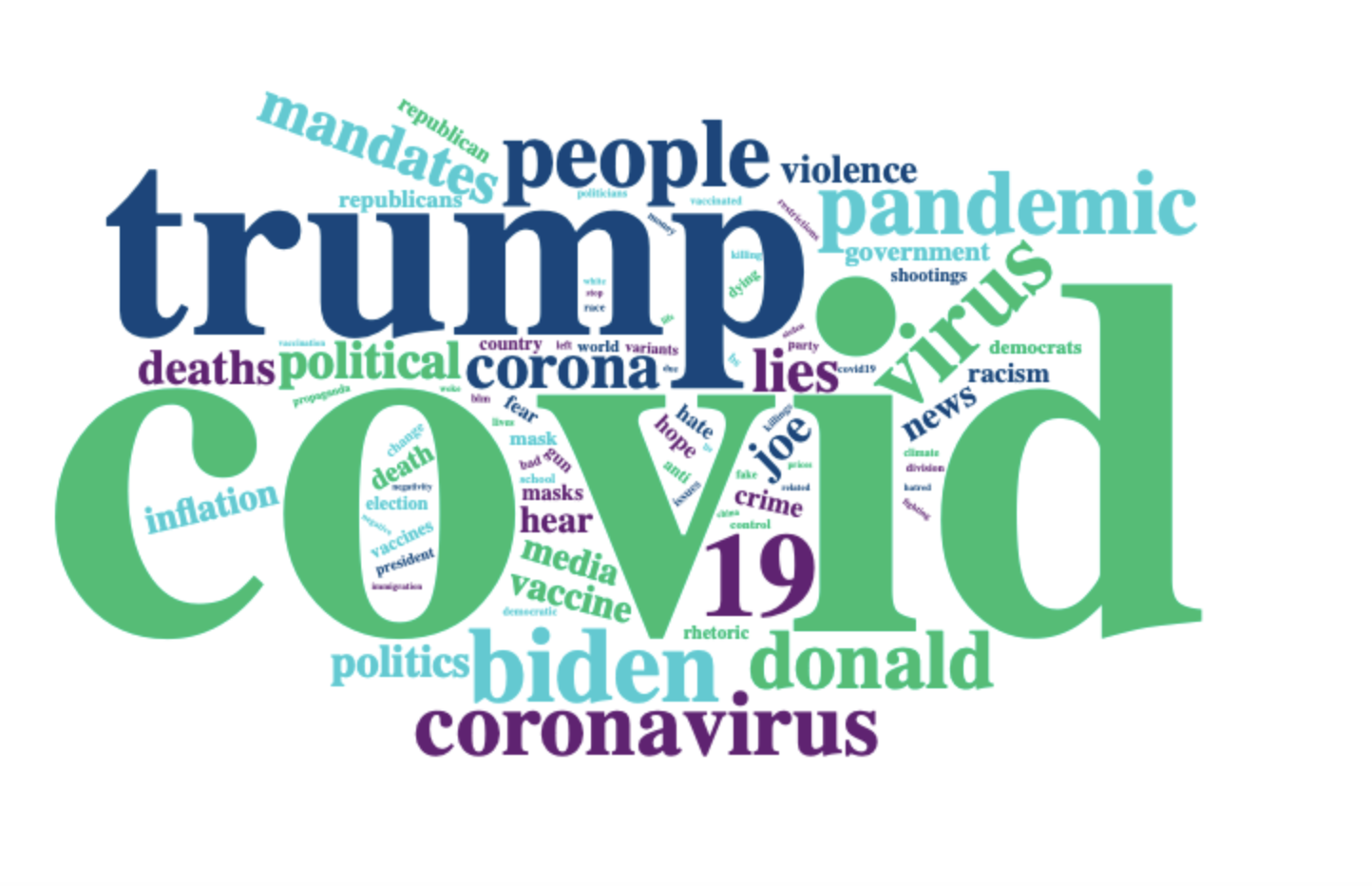
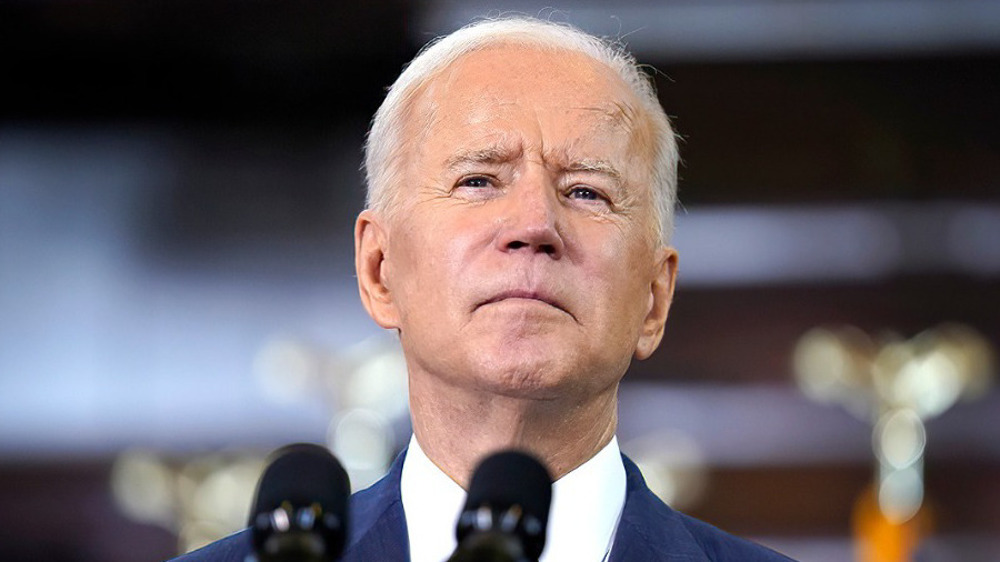
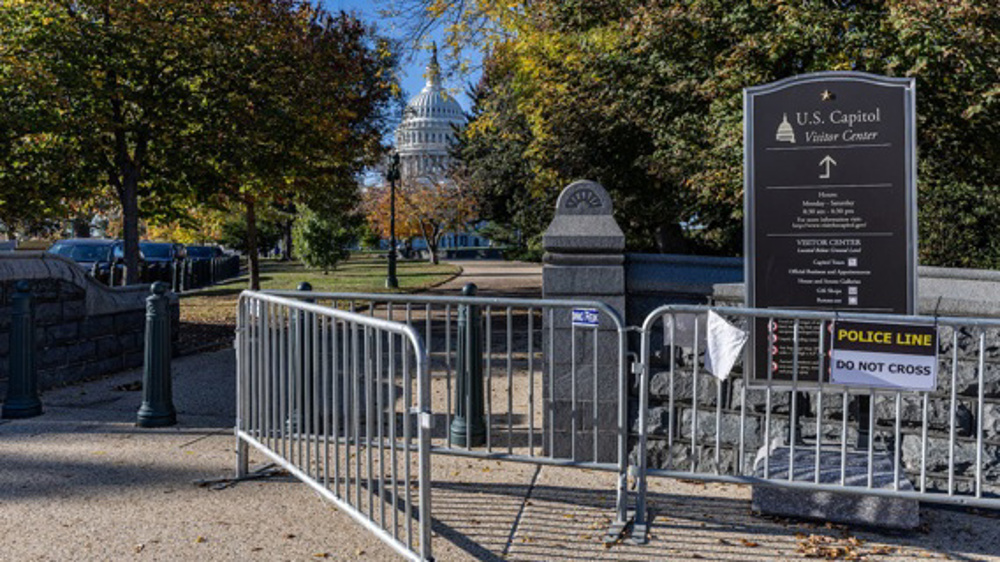
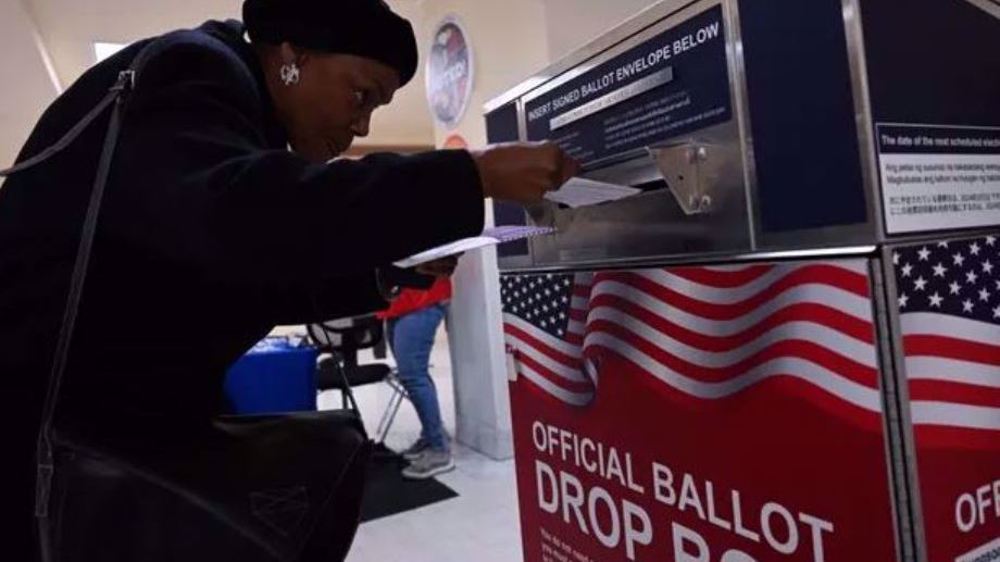





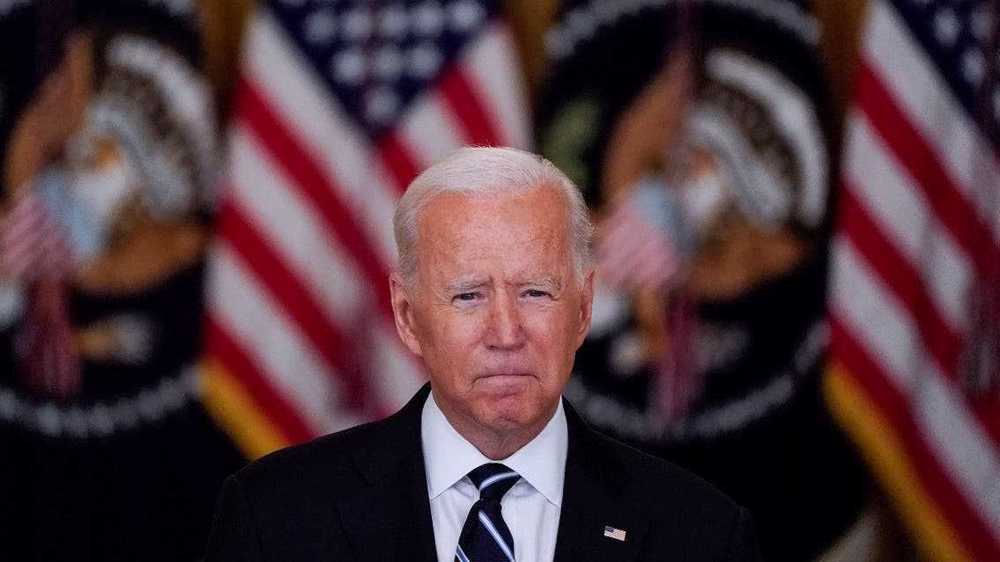
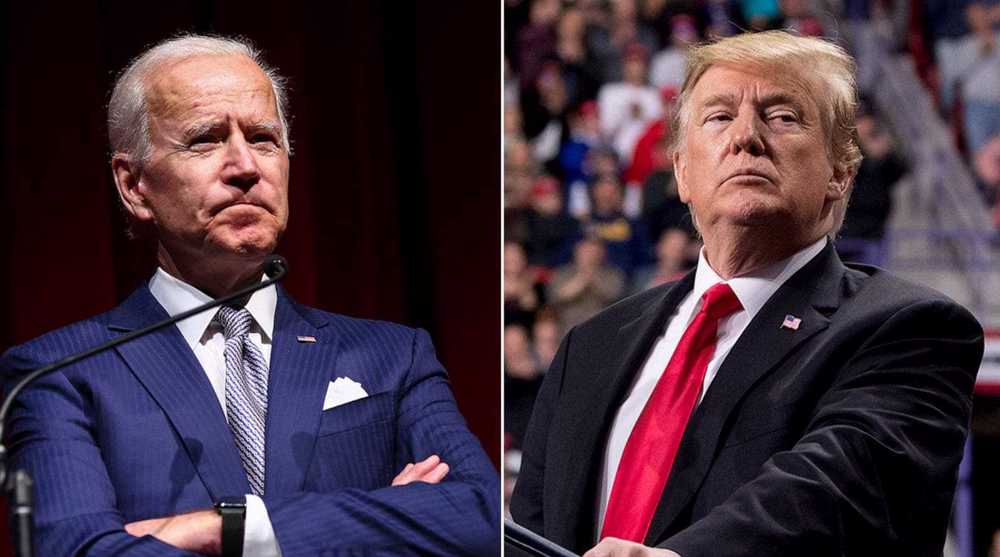



 This makes it easy to access the Press TV website
This makes it easy to access the Press TV website